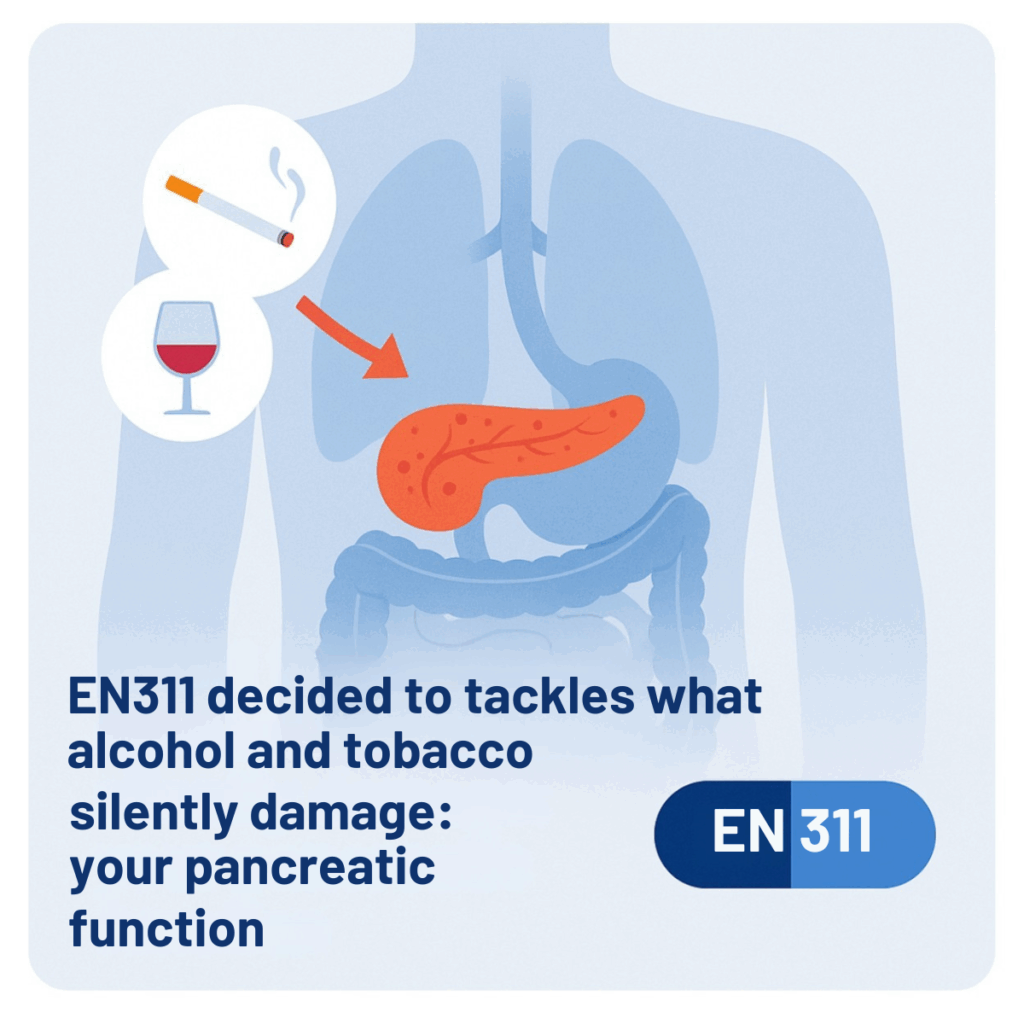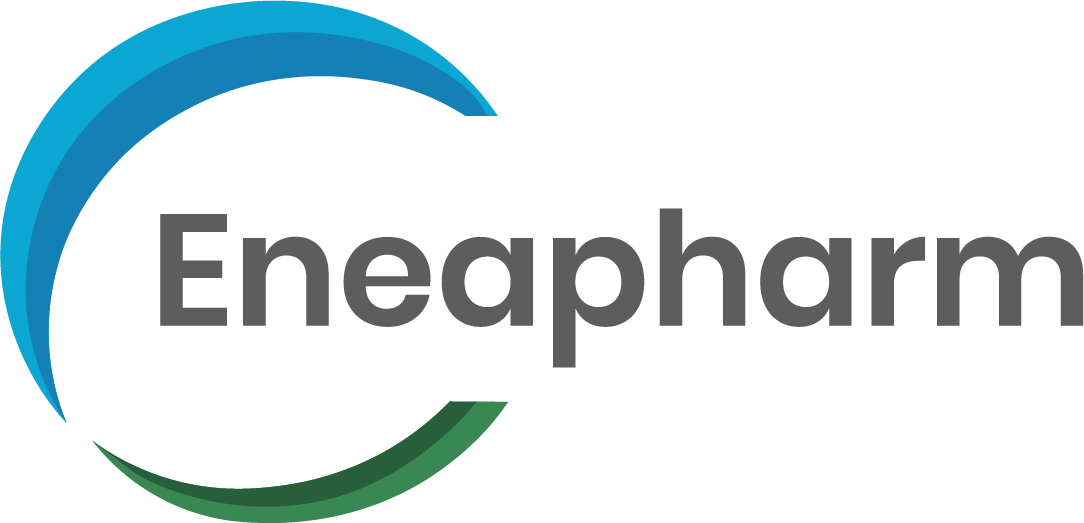Everyday, people experience unexplained digestive discomfort — unaware that the root cause may be a silent condition: EPI.
Exocrine Pancreatic Insufficiency (EPI) occurs when the pancreas fails to produce enough digestive enzymes, leading to malabsorption and nutrient deficiencies. While it remains underdiagnosed, its causes are well known and varied:
Pancreatic Conditions
• Cystic Fibrosis – Thick mucus blocks the release of enzymes.
• Chronic Pancreatitis – Inflammation damages pancreatic tissue over time.
• Pancreatic Cancer – Tumors obstruct the pancreatic ducts.
• Pancreatic Surgery – Reduces enzyme production capacity.
Gastrointestinal & Systemic Disorders
• Type 1 & 2 Diabetes – Impacts pancreatic function progressively.
• Celiac Disease – Autoimmune damage impairs enzyme activity.
• Inflammatory Bowel Diseases – Conditions like Crohn’s can disrupt pancreatic efficiency.
• Gastric Bypass Surgery – Alters digestive anatomy and enzyme delivery.
Rare Genetic Disorders
• Pearson Syndrome – A mitochondrial condition causing pancreatic dysfunction.
Other Contributing Factors
• Alcohol Abuse – A major cause of chronic pancreatitis and EPI.
• Smoking– Linked to long-term pancreatic damage.
EN311 is currently under development as a targeted therapy designed to address the unmet clinical needs of EPI. By rethinking how enzyme therapy works, EN311 aims to improve absorption, patient experience, and ultimately, outcomes.
Let’s raise awareness about this often-overlooked condition and follow the progress of a treatment that could make a real difference.





